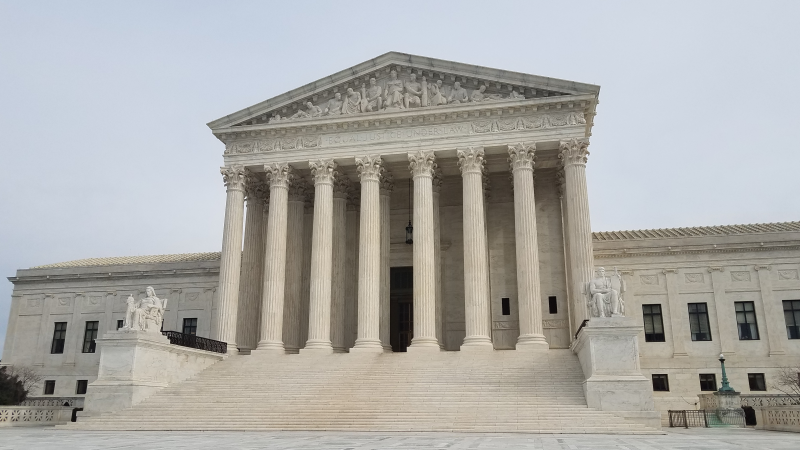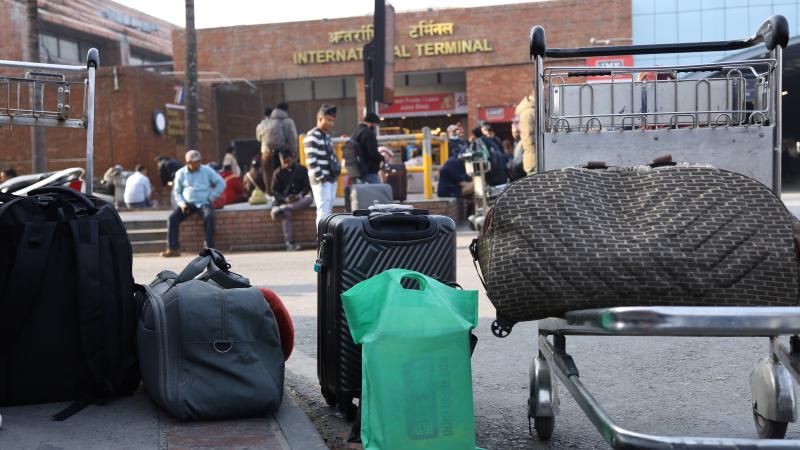Federal court says executive branch agencies likely violated 1A, barred from coercing social media
The court found the executive branch "likely coerced or significantly encouraged social-media platforms to moderate content."
A federal appeals court ruled that several executive branch agencies, including the White House, the FBI, the Centers for Disease Control and Prevention and the Cybersecurity and Infrastructure Security Agency likely violated the First Amendment by coordinating with social media companies to censor online content and ordered the agency to stop directing the online platforms to remove or suppress content.
The U.S. 5th Circuit Court of Appeals' 76-page ruling Tuesday comes as part of Missouri v. Biden, a lawsuit filed last year by the states of Missouri and Louisiana against the U.S. government for allegedly violating free speech by coercing social media platforms to censor online content, such as that dealing with COVID-19 and the election.
Read the entire opinion here:
"Ultimately, we find the district court did not err in determining that several officials—namely the White House, the Surgeon General, the CDC, the FBI, and CISA—likely coerced or significantly encouraged social-media platforms to moderate content, rendering those decisions state actions. In doing so, the officials likely violated the First Amendment," the court said in its decision, which came after the defendants appealed an order issued earlier this summer by Judge Terry Doughty, a Trump appointee for a Louisiana federal court.
The court additionally found that "CISA was the 'primary facilitator' of the FBI’s interactions with the social-media platforms and worked in close coordination with the FBI to push the platforms to change their moderation policies to cover 'hack-and-leak' content."
The court concluded: "CISA used its frequent interactions with social media platforms to push them to adopt more restrictive policies on censoring election-related speech. ... Thus, CISA likely significantly encouraged the platforms’ content-moderation decisions and thereby violated the First Amendment."
The court modified a lower court's order so that the executive branch defendants and their employees "cannot coerce or significantly encourage a platform’s content-moderation decisions," per the opinion. Even allusions to punishment are forbidden and the defendants are forbidden from supervising any online content moderation decisions.
"Social-media platforms’ content-moderation decisions must be theirs and theirs alone," the court said.
The appeals court also notably limited the request from the plaintiffs to apply the order to the State Department and officials at the National Institute of Allergy and Infectious Diseases.
"Generally speaking, the NIAID did not have regular contact with the platforms or flag content," the court said. The State Department did communicate with platforms, but overall "did not flag content, suggest policy changes, or reciprocally receive data during those meetings," per the court.
Missouri Attorney General Andrew Bailey celebrated the decision, and wrote on X, formerly Twitter, that CISA "was created to protect you from foreign attacks" but was ultimately "weaponized against the very citizens it was designed to protect."
















